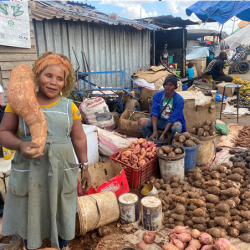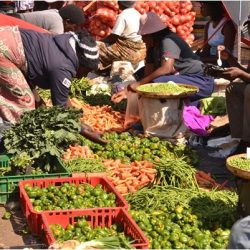Money, resilience, sustainability and growth is in mastering the details
Successful transition from primary production to industrialization requires serious attention to detail. Otherwise, it will be difficult for African countries to shift from subsistence farming, informal employment, and primary commodity production toward manufacturing and services. The way African mass markets deal with capabilities and expertise can provide useful lessons to policy makers on the value Read more about Money, resilience, sustainability and growth is in mastering the details[…]


